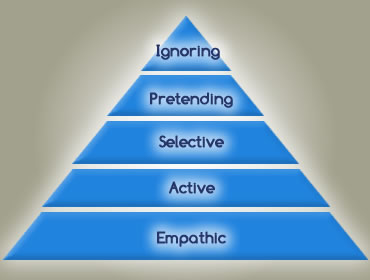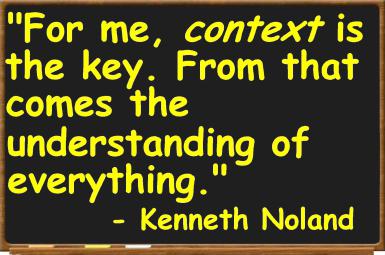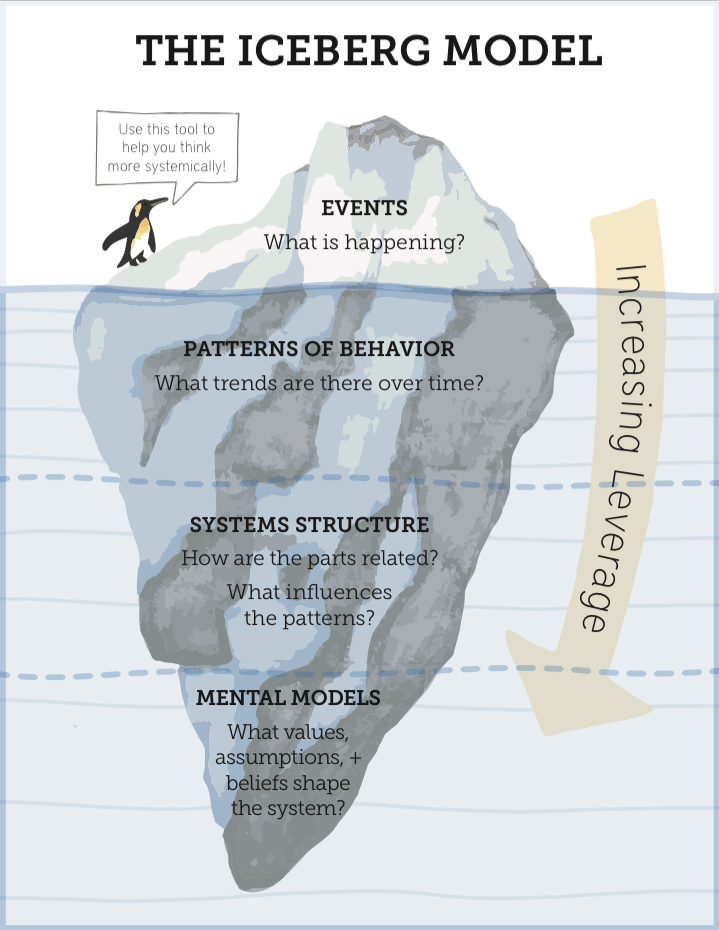Recently, I presented to a group of coaches the power of deep listening. Many of us normally listens at the content level of the conversation. This level of listening involves hearing the spoken words; interpreting and understanding the messages that the words convey. The spoken words convey the story, situation, aspiration, ideas and opinions. Most of the time, a listener who is not trained to listen at a deeper level, will focus on this part of the conversation; understanding the speaker’s situation and merely responding to what was heard. This is the obvious part of the conversation and it represents the top part of an iceberg.

However the visible part of the iceberg is not the whole iceberg. When we are attentive enough, we know that there is more to it than meets the eyes.
A deeper level of listening, is when we listen for the context. The context is the bigger picture of what is being said. The bigger picture is the “Why”(purpose or meaning) it is important. In fact, this is far more important than listening to the content. We can detect this “Why” by either asking questions such as, “so what has triggered you to do this?” or “what has made this important?” or “how is this related to your bigger goal?”. Sometimes, subtle messages behind the content might be revealed through the speaker’s body language (facial expressions), tone of voice or choice of words. We can make further inquiry by asking or pointing out what we are noticing such as, “So when you were saying that, I noticed a frown in your face. Is there something more?”

So, if contextual listening is a deeper form of listening, is there something even deeper? Yes, and we called it, listening to the “Who” this person is. The “who” constitutes their character strengths, values, expectations, beliefs, personality, motivation etc. This is the unsaid part of the conversation. This is part of the iceberg that is way below the water level. It is often not expressed explicitly but with our presence and intention, we can hear these information. This level of listening requires the full use of our senses such as our ears, eyes, heart, intuition and thinking.
So how do we practice this depth of listening? Actually, it is not that difficult. Begin with an intention to listen for strengths. Strengths can appear in many forms such as character strengths (e.g. determination, resilience, love, empathy etc), abilities (influencing skills, negotiation skills, problem solving skills etc) or innate talents.
If you are up to it, here is an experiment to practice listening at a deeper level. The next time you listen to someone, make an effort to identify one or two qualities (character strengths) that the person possesses. Share that information with them by saying something like, “From what you have shared, I noticed that you are X (e.g. empathetic) and Y (e.g. patience) is one of your virtues too.” Experience a deeper level of connection in the conversation when you do that. As one coach had shared, when we listen at the “Who” level, we convey the message, “I see you”.
Wai K. Leong, MCC
Board Director at International Coach Federation
Wai K, MCC (www.jmcconsult.com)




